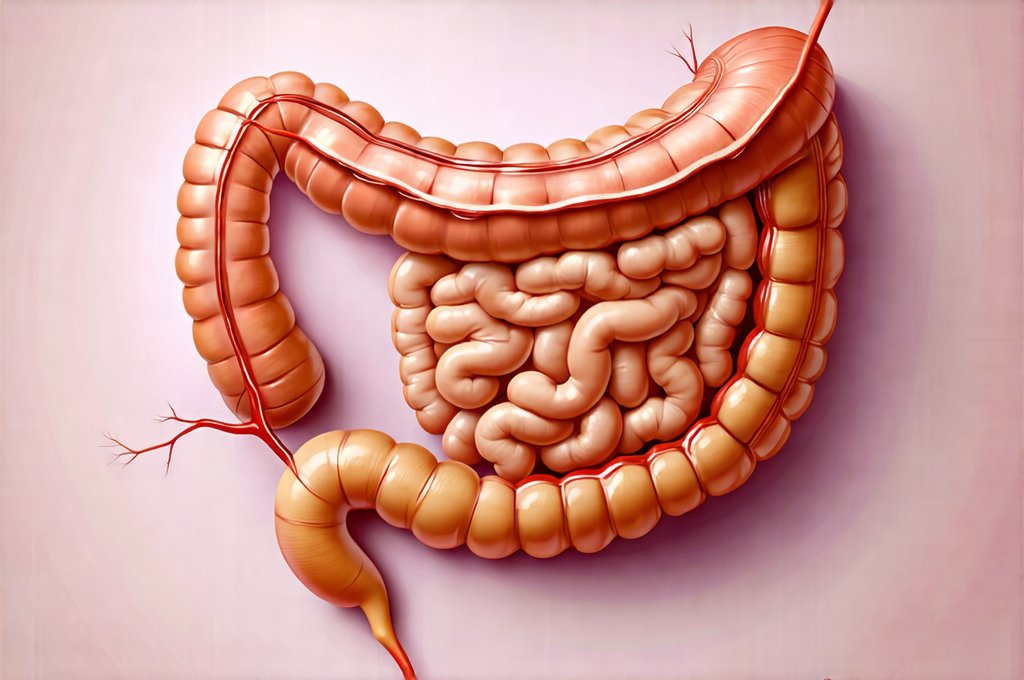The pursuit of wellness often leads individuals toward dietary changes, with restrictive diets gaining popularity as quick fixes for various health goals. However, jumping into such regimens without adequate preparation can be detrimental, potentially exacerbating existing issues or creating new ones. A foundational element frequently overlooked is the state of one’s gut – a complex ecosystem that profoundly impacts overall health and influences how we respond to dietary interventions. Ignoring this crucial aspect can turn what was intended as a path to better health into a frustrating, even harmful experience. Understanding your gut before dramatically altering your diet isn’t just advisable; it’s essential for sustainable results and genuine wellbeing. Are Gut Friendly Diets Too Restrictive can help you evaluate this further.
Many restrictive diets – ketogenic, paleo, vegan, elimination protocols – operate under the premise of removing certain food groups or significantly limiting caloric intake. While these approaches can be effective for some, they place a considerable burden on the digestive system, especially if that system is already compromised. A healthy gut possesses resilience and adaptability; it’s able to process changes with relative ease. But an imbalanced gut – one experiencing dysbiosis (an imbalance of microorganisms), inflammation, or impaired motility – lacks this capacity. Attempting a restrictive diet in such a state can lead to uncomfortable symptoms like bloating, gas, diarrhea, constipation, and even increased anxiety or fatigue. It’s far more effective to build a solid foundation before imposing further restrictions. Digestive diagnostics used before starting serious medication can help identify these compromises.
The Gut-Diet Connection: Why Baseline Assessment Matters
The gut isn’t simply a passive receiver of food; it’s an active participant in digestion, nutrient absorption, immune function, and even mental health. A thriving gut microbiome – the trillions of bacteria, fungi, viruses, and other microorganisms residing in our digestive tract – is crucial for optimal wellbeing. These microbes help break down complex carbohydrates, synthesize vitamins, regulate inflammation, and protect against pathogens. Dietary choices directly influence the composition and function of this microbial community. Restrictive diets can significantly alter the microbiome, sometimes leading to a decrease in beneficial bacteria or an overgrowth of potentially harmful ones.
When we drastically change our diet, especially by removing entire food groups, we’re essentially changing the food source for our gut microbes. If they aren’t prepared for this shift – if the diversity is low or certain strains are already struggling – it can disrupt their delicate balance. This disruption can manifest as digestive distress and systemic inflammation. Furthermore, a compromised gut barrier (“leaky gut”) allows undigested food particles and toxins to enter the bloodstream, triggering immune responses and potentially contributing to autoimmune conditions. Assessing your gut health before starting a restrictive diet is about understanding its current state – its strengths and weaknesses – so you can tailor your approach accordingly. Understanding your gut without doing a colonoscopy offers options for this assessment.
A baseline assessment isn’t necessarily about expensive testing (though those exist). It’s more about honestly evaluating your digestive habits, identifying potential issues, and addressing them before introducing further stress through dietary restrictions. This might involve keeping a food journal to identify trigger foods, paying attention to bowel movements, and reflecting on any existing symptoms like bloating or heartburn. It’s also about understanding your history – past antibiotic use, chronic stress levels, and overall lifestyle factors all play a role in gut health.
Preparing Your Gut for Dietary Change
Once you’ve begun to evaluate your gut’s baseline function, preparation is key. This isn’t about pre-dieting; it’s about laying the groundwork for a smoother transition and minimizing potential adverse effects. The focus should be on nourishing existing beneficial bacteria and strengthening the gut lining. Prioritizing whole, unprocessed foods is fundamental. This includes plenty of fiber-rich fruits, vegetables, and whole grains (if tolerated), as well as fermented foods like yogurt, kefir, sauerkraut, and kimchi – all excellent sources of probiotics.
Hydration is also paramount. Water helps move waste through the digestive system and supports a healthy gut microbiome. Aim for at least eight glasses of water per day, and consider incorporating herbal teas or infused water for added flavor and benefits. Managing stress levels is equally important; chronic stress can negatively impact gut health by altering microbial balance and increasing inflammation. Incorporate stress-reducing practices like yoga, meditation, deep breathing exercises, or spending time in nature. Building a resilient gut isn’t about deprivation; it’s about abundance – providing the necessary resources for optimal function. Evaluating gut function in people with thyroid issues can provide further insight into these functions.
Finally, consider a gradual approach to dietary change rather than an abrupt one. Even if you are committed to a restrictive diet, phasing it in slowly allows your gut microbiome time to adapt and reduces the likelihood of severe digestive symptoms. Start by removing one food group or limiting one type of food at a time, observing how your body responds along the way.
Identifying Gut Imbalance: Common Signs & Symptoms
Recognizing the signs of a potentially imbalanced gut is the first step toward addressing it. While some symptoms are obvious – like chronic diarrhea or constipation – others can be more subtle and easily dismissed. Bloating after meals, excessive gas, heartburn, abdominal pain, and nausea are all common indicators. However, gut health extends beyond just digestive issues.
- Skin problems such as eczema, acne, or psoriasis
- Fatigue and low energy levels
- Mood swings, anxiety, or depression
- Autoimmune conditions
- Food sensitivities or intolerances
These seemingly unrelated symptoms can often be linked to gut dysfunction. If you experience several of these signs consistently, it’s worth investigating further. It’s important to note that these symptoms can also have other causes, so consult with a healthcare professional for proper diagnosis and guidance. Don’t self-diagnose or attempt to treat serious conditions without medical supervision. Pay attention to your body’s signals; they are often telling you important. How doctors track changes in your gut over time offers insight into monitoring these signals.
Simple Gut-Healing Strategies Before Restricting
Before embarking on any restrictive diet, implementing a few simple gut-healing strategies can make a significant difference. Increasing fiber intake – gradually! – is crucial for feeding beneficial bacteria and promoting regularity. Focus on soluble fiber sources like oats, apples, bananas, and legumes. Another effective strategy is incorporating probiotics through fermented foods or supplements (after consulting with your doctor).
Consider adding prebiotics to your diet as well. Prebiotics are non-digestible fibers that serve as food for probiotics, helping them thrive. Good sources include garlic, onions, leeks, asparagus, and bananas. Furthermore, reducing inflammatory foods – processed foods, sugary drinks, excessive alcohol, and refined carbohydrates – can help calm gut inflammation. These strategies aren’t about adding more to your plate; they’re about optimizing what’s already there. Low-cost ways to check gut status before a specialist visit can help you get started.
The Role of Professional Guidance
While self-assessment and basic gut-healing strategies are valuable starting points, professional guidance is often essential. A registered dietitian or functional medicine practitioner can provide personalized recommendations based on your individual needs and health history. They can also help you identify underlying imbalances that may be contributing to digestive issues.
More advanced testing options – such as stool analysis or breath tests – can offer a more detailed picture of your gut microbiome and function, but these should always be interpreted by a qualified healthcare professional. It’s important to find a practitioner who understands the complexities of gut health and takes a holistic approach to wellness. Don’t underestimate the value of expert support when navigating dietary changes and addressing gut imbalances. Remember, sustainable health is about more than just following a diet; it’s about understanding your body and nourishing it from within. When your gut symptoms might need a second opinion can help you determine if that support is necessary.


















